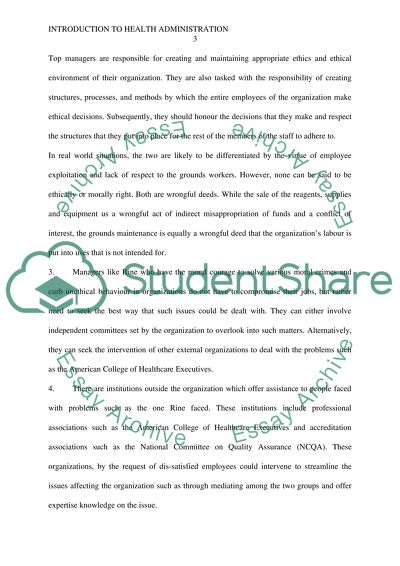Cite this document
(“Case study1 what a manager to do case study 2 bits and pieces”, n.d.)
Case study1 what a manager to do case study 2 bits and pieces. Retrieved from https://studentshare.org/health-sciences-medicine/1478466-case
Case study1 what a manager to do case study 2 bits and pieces. Retrieved from https://studentshare.org/health-sciences-medicine/1478466-case
(Case Study1 What a Manager to Do Case Study 2 Bits and Pieces)
Case Study1 What a Manager to Do Case Study 2 Bits and Pieces. https://studentshare.org/health-sciences-medicine/1478466-case.
Case Study1 What a Manager to Do Case Study 2 Bits and Pieces. https://studentshare.org/health-sciences-medicine/1478466-case.
“Case Study1 What a Manager to Do Case Study 2 Bits and Pieces”, n.d. https://studentshare.org/health-sciences-medicine/1478466-case.


